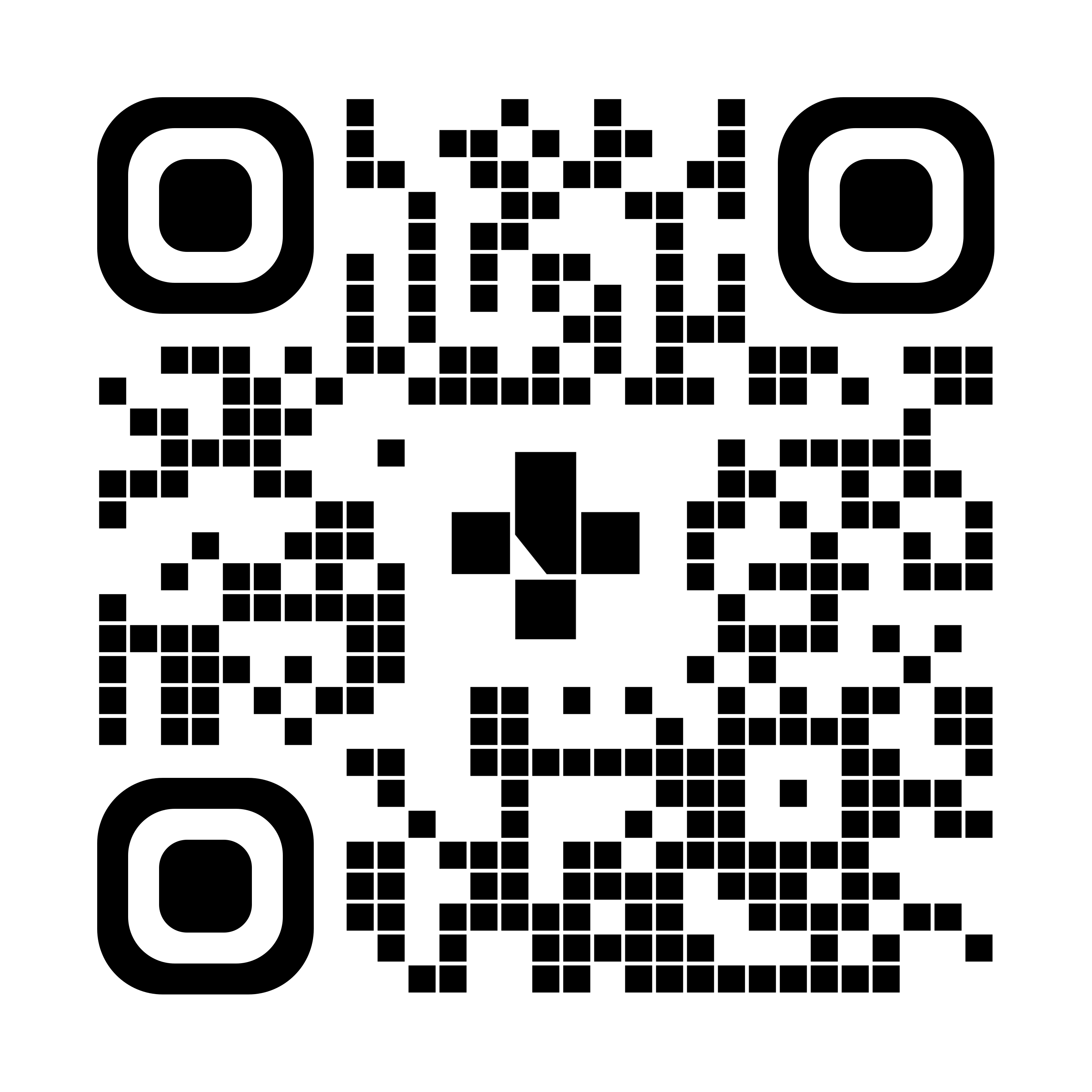Long COVID
Care instructions
Recovering from COVID-19 is different for everyone, no matter your age, your health before you had COVID-19, or how sick you were with the virus.
Some people have physical symptoms and mental health concerns that last for weeks or months after they no longer have COVID-19. This may be called long COVID or post-COVID-19 syndrome. Long COVID is when you still have symptoms more than 12 weeks after you were first diagnosed with COVID-19.
Recovering from COVID-19 is different for everyone, no matter your age or your health. Some people feel better in a few days or weeks. For others, it may take months or longer.
Research about long COVID is happening. We are learning more about it all the time. The information here reflects what we know now, and it is reviewed regularly.
What are the symptoms?
Everyone’s experience is different. There are over 100 known symptoms of long COVID. Symptoms may come and go and change over time. Some of the most common symptoms of long COVID in adults are:
- shortness of breath (feeling you can’t breathe deeply enough)
- heart palpitations (fast or irregular heartbeat)
- cough that won’t go away
- problems with swallowing
- feeling very weak and tired
- loss of taste
- loss of smell
- muscle and joint pain
- sleep problems
- brain fog, trouble with memory and concentration
- depression, anxiety, and stress
The most common symptoms in children are:
- feeling very weak and tired
- headache
- belly pain
- sleep problems
- shortness of breath
- trouble with thinking and concentrating
- muscles aches and joint pain
Where can I learn more about long COVID?
The following resources can help you learn more about long COVID and get health information and support as you recover:
- After COVID-19: Information and resources to help you recover — This resource on MyHealth.Alberta.ca was made to help support your recovery after COVID-19. It gives information about physical symptoms and mental health concerns, as well as tips for going back to work or school and ideas for getting active when you’re ready.
- Getting Healthy after COVID-19: Resources for Patients — Alberta Health Services has collected this list of resources and information to help you manage your symptoms and get support after COVID-19.
- Canadian Guidelines for Post COVID-19 Condition (CAN-PCC) - A catalogue of current recommendations for preventing, diagnosing, and managing long COVID.
- Rehabilitation Advice Line (call 1-833-379-0563) — This is a telephone service that gives Albertans, including people with long COVID symptoms, free rehabilitation advice and general health information. It can also give you information on activities and exercises to help with physical concerns.
- Health Link (call 811) — Health Link gives free 24/7 nursing advice and general health information for Albertans. If you don’t have a family doctor, Health Link can help you find one who is taking new patients.
- Mental Health Help Line (call 1-877-303-2642) — This free 24/7 service gives advice on mental health concerns, including those related to COVID-19. You can also visit Help in Tough Times for more resources.
When should I contact my healthcare provider?
Everyone recovers from COVID-19 differently. Most people can manage their symptoms themselves. But for some people the symptoms can be disabling and disrupt their daily lives. It’s important to contact your healthcare provider if you:
- are worried about your recovery
- feel short of breath and it’s not getting better
- feel very short of breath doing things that are normally easy for you
- find that your attention, memory, thinking, or energy levels are not getting better
- have symptoms that make it very hard or stop you from doing your regular daily activities (such as caring for yourself or going back to work or school)
- feel depressed, anxious, or stressed and these feelings aren’t getting better
If you’re having a medical emergency, call 911 right away. This includes:
- serious trouble breathing (struggling for each breath, only able to say 1 word at a time)
- very bad chest pain
- having a hard time waking up
- feeling very confused
- passing out or fainting
To see this information online and learn more, visit MyHealth.Alberta.ca/health/aftercareinformation/pages/conditions.aspx?hwid=custom.ab_covid19_longcovid_inst

For 24/7 nurse advice and general health information call Health Link at 811.
For questions about managing long-COVID, call the Rehabilitation Advice Line at 1-833-379-0563.
Current as of: August 14, 2023
Author: Neurosciences, Rehabilitation and Vision SCN, Alberta Health Services
This material is not a substitute for the advice of a qualified health professional. This material is intended for general information only and is provided on an "as is", "where is" basis. Although reasonable efforts were made to confirm the accuracy of the information, Alberta Health Services does not make any representation or warranty, express, implied or statutory, as to the accuracy, reliability, completeness, applicability or fitness for a particular purpose of such information. Alberta Health Services expressly disclaims all liability for the use of these materials, and for any claims, actions, demands or suits arising from such use.
